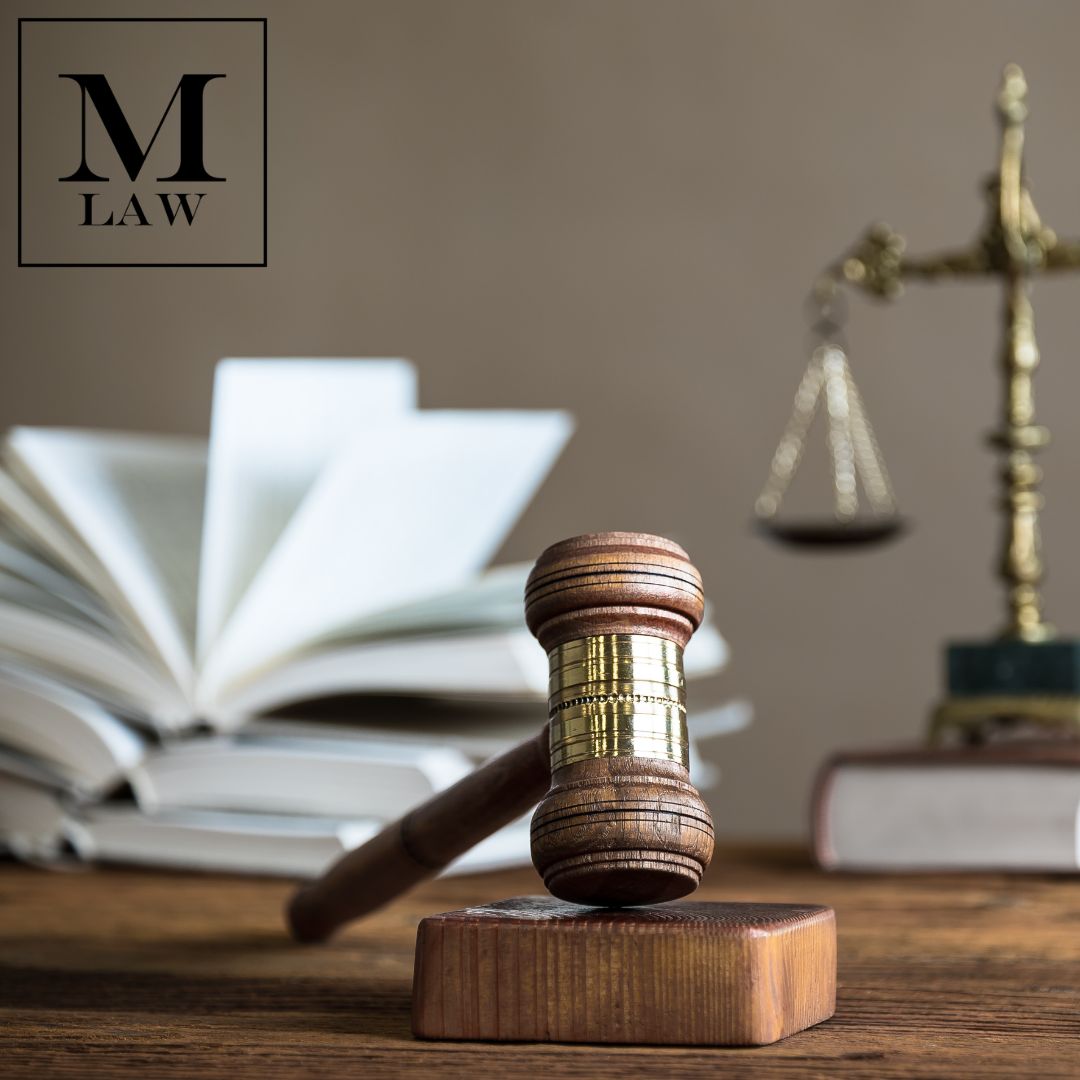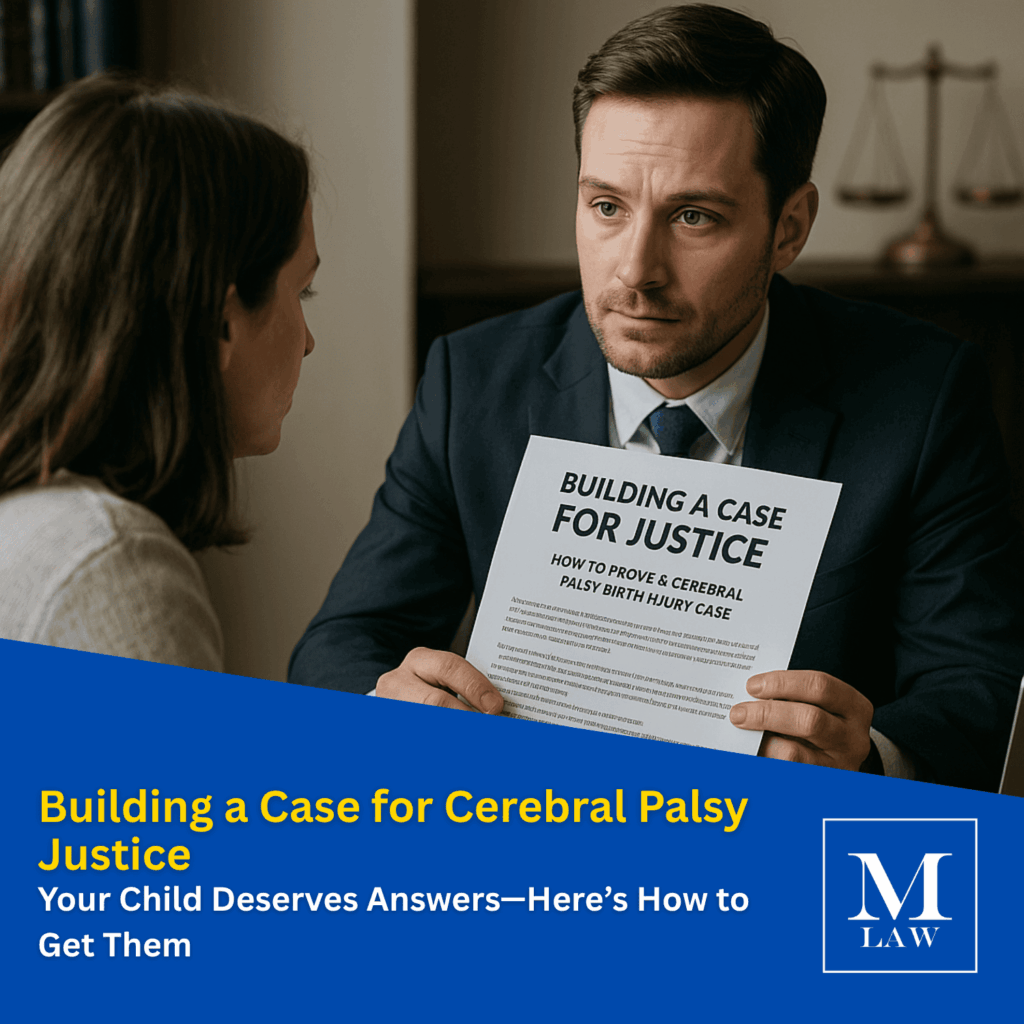The continuing negligence doctrine is a legal principle that holds a party responsible for damages caused by their ongoing failure to exercise reasonable care and diligence in fulfilling a duty of care owed to another party. In other words, if someone has a duty to maintain a safe environment or perform a task with reasonable care, and they fail to do so continuously, and this failure causes harm, they can be held liable for damages.
This doctrine is often applied in cases where there is a duty to maintain a property or equipment in a safe condition, such as in cases of landlord negligence or product liability. It is also applied in medical malpractice cases where a healthcare provider fails to provide adequate follow-up care or monitoring of a patient’s condition.
Under the continuing negligence doctrine, the injured party must demonstrate that the negligent party had a duty of care, breached that duty, and that the breach caused the injury. The injured party must also show that the negligent conduct continued until the injury occurred. If all of these elements are established, the injured party can recover damages for their losses.
Examples of the Continuing Negligence Doctrine
Suppose a landlord fails to maintain the common areas of a rental property properly, such as failing to repair broken stairs or leaving hazardous debris lying around. If a tenant trips and falls on the stairs, injuring themselves, the landlord could be held liable for their injuries under the doctrine of continuing negligence. This is because the landlord had a duty to maintain the property in a safe condition, and their failure to do so continuously led to the injury.
Similarly, if a healthcare provider fails to monitor a patient’s condition or provide follow-up care, and the patient suffers harm as a result, the provider can be held liable under the doctrine of continuing negligence. In such cases, the provider had a duty to provide reasonable care to the patient, and their ongoing failure to do so led to the patient’s injury.
It is essential to note that the doctrine of continuing negligence applies only when the negligent conduct continued up until the time of the injury. In other words, the injured party must show that the negligent conduct was ongoing and continuous and that it directly led to the harm suffered.
More Examples of the Continuing Negligence Doctrine
- Landlord negligence: As discussed earlier, a landlord has a duty to maintain a safe living environment for their tenants. If a landlord fails to repair a leaky roof or address mold growth in a rental property, and the tenant suffers harm as a result of ongoing exposure, the landlord can be held liable under the continuing negligence doctrine.
- Medical malpractice: A healthcare provider has a duty to provide reasonable care to their patients. If a provider fails to monitor a patient’s condition or provide follow-up care, and the patient suffers harm as a result of the ongoing failure, the provider can be held liable under the doctrine of continuing negligence.
- Product liability: A manufacturer has a duty to ensure that their products are safe for use. If a product has a defect that makes it dangerous for use, and the manufacturer fails to issue a recall or otherwise address the issue, the manufacturer can be held liable under the doctrine of continuing negligence.
- Construction site accidents: A contractor has a duty to maintain a safe work environment for their workers. If a contractor fails to repair or replace broken equipment or provide proper safety equipment, and a worker suffers harm as a result of ongoing exposure to the unsafe condition, the contractor can be held liable under the continuing negligence doctrine.
- Automobile accidents: A driver has a duty to operate their vehicle with reasonable care and caution. If a driver fails to maintain their vehicle’s brakes, for example, and causes an accident as a result of their ongoing failure to address the issue, they can be held liable under the doctrine of continuing negligence.
If you’ve suffered a personal injury due to the negligence or wrongful conduct of another person or entity, you may be entitled to compensation for your damages. However, pursuing a personal injury claim can be a complex and overwhelming process, particularly if you’re dealing with serious injuries or medical bills.
That’s where Merson Law PLLC comes in. Our team of experienced personal injury and medical malpractice attorneys can help you navigate the legal process and fight for the compensation you deserve. With a proven track record of success and a commitment to our clients’ well-being, we’re here to help you every step of the way. Contact us today for an initial consultation and see how we can help you get the justice and compensation you deserve.








